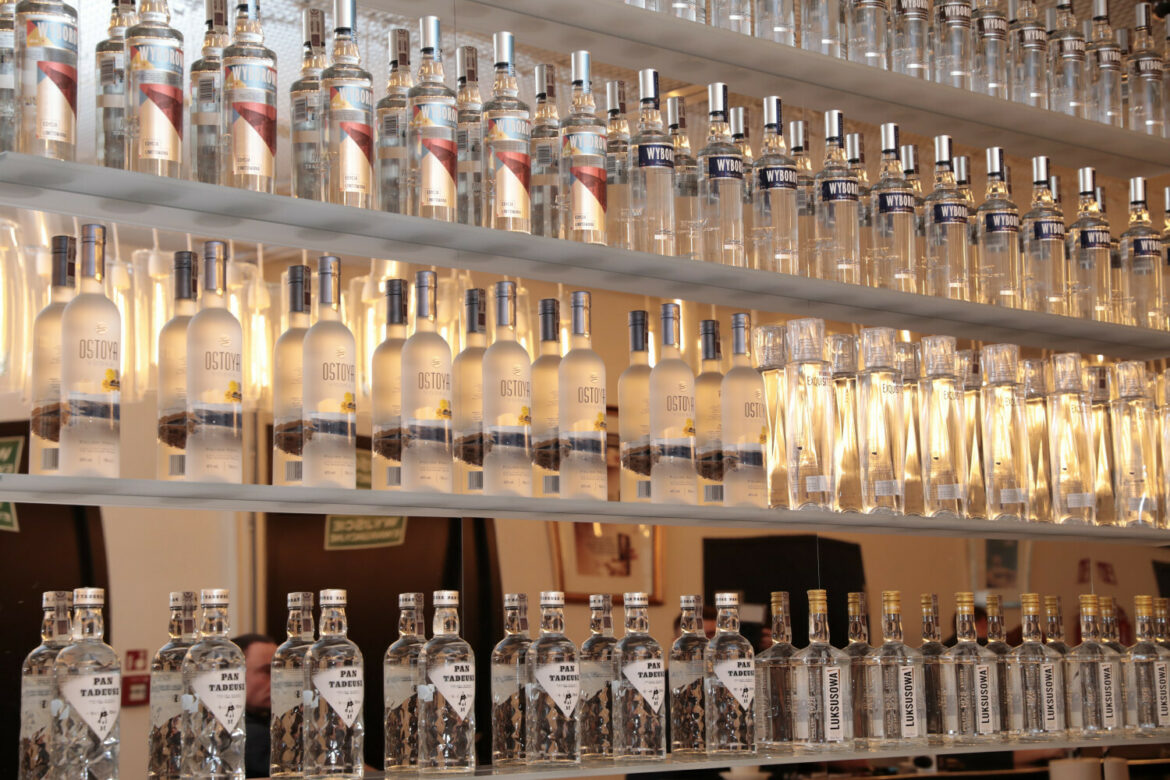On January 13, Poland celebrates Polish Vodka Day, which, like Scotch whiskey or French cognac, is entered on the list of protected geographical indications. Its uniqueness is evidenced by the words of Pablo Picasso: “Three extraordinary inventions of the twentieth century are blues, cubism and Polish Vodka”.
The history of the geographical indication Polska Vodka dates back to 2004, when the name was entered into the treaty of Poland’s accession to the European Union. In 2006, the Polish Sejm adopted the Act on the production of spirit drinks and on the registration and protection of geographical indications of spirit drinks, containing a number of rules related to the origin and production of Polish national drink. Works on its amendment and the current wording of the definition of Polish Vodka ended on January 13, 2013. In Article 38.1 of this law, states:
“Polska Wódka / Polish Vodka means:
1) Vodka containing no additives other than water or
2) Flavored vodka with a predominant taste other than that of the raw materials used for its production, containing natural flavors, and in special cases dyes with a maximum level of sugar expressed as invert sugar not exceeding 100 grams per liter of pure alcohol – obtained from ethyl alcohol of agricultural origin obtained from rye, wheat, barley, oats or triticale or potatoes grown on the territory of the Republic of Poland, with all stages of production taken on the territory of the Republic of Poland and which may be aged to give it special organoleptic values.”
The definition of Polish Vodka indicates two basic conditions that must be met in order to obtain a protected geographical indication. The first condition is to use the five cereals (wheat, rye, triticale, barley and oats) or potatoes from Poland in the production of Polish Vodka. The second condition is the very place of production of it. As not only raw materials must be of national origin but also all stages of vodka production must take place in Poland with an exception for bottling.
Poland is the largest vodka producer in the European Union and the fourth largest in the world after Russia, the USA and Ukraine. However, only 10% of its production meets the definition of Polish Vodka, and the rest is produced either from raw materials other than those listed in the Act, or from imported raw materials.
Adrian Andrzejewski





